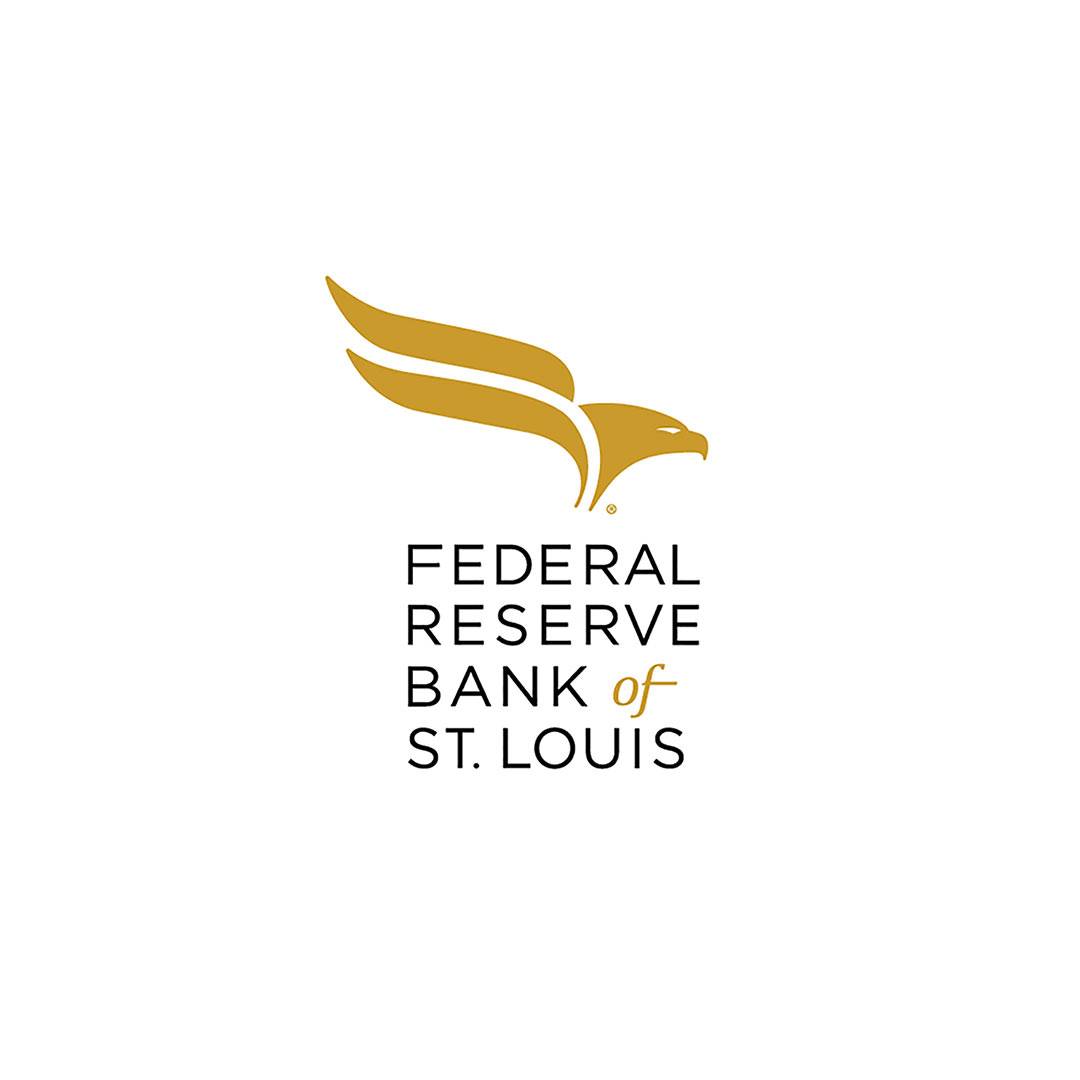
How a field fixes itself: the applied turn in economics
Getting an academic field to change its ways is hard. Independent scientists can’t just go rogue - they need research funding, they need to publish, and they need (or want) tenure. All those things require convincing a community of your peers to accept the merit of your research agenda. And yet, humans are humans. They can be biased. And if they are biased towards the status quo, it can be hard for change to take root.
But it does happen. And I think changes in the field of economics are a good illustration of some of the dynamics that make that possible.
Hardly anyone takes data analysis seriously. Or perhaps more accurately, hardly anyone takes anyone else’s data analysis seriously.
But in subsequent decades, economics made a famous “applied turn.” The share of empirical papers in three top journals rose from a low of 38% in the year of Leamer’s paper to 72% by 2011! The field also began giving its top awards - the economics Nobel and the John Bates Clark award for best economist under 40 - to empirical economists. These new empirical papers were strongly characterized by careful attention to credibly detecting causation (rather than mere correlation).
This applied turn seems to have worked out pretty well. In 2010, Joshua Angrist and Jorn-Steffen Pischke wrote a popular follow-up to Leamer’s article titled The Credibility Revolution in Empirical Economics: How Better Research Design is Taking the Con out of Econometrics. The title is an apt summary of the argument. More quantitatively, a 2020 paper by Angrist et al. tried to assess how this empirical work is received in and outside of economics, by looking at citations to different kinds of articles. Consistent with Leamer’s complaints, when looking at total citations received by papers, Agrist et al. find empirical papers faced a significant citation penalty prior to the mid 1990s.















